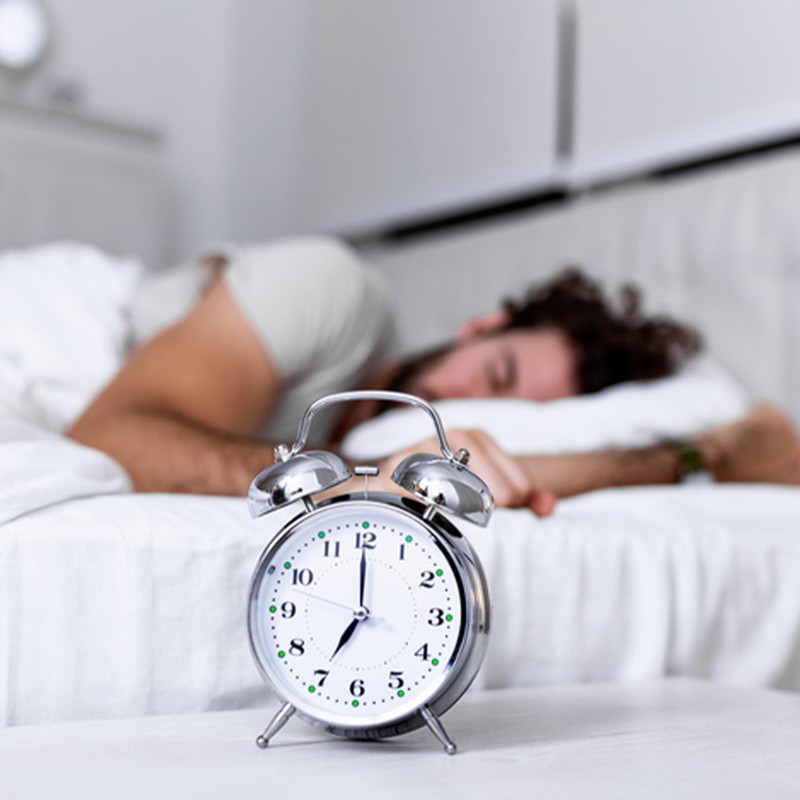How To Feel More Alert In The Morning
Power Up With Breakfast
“Breakfast isn’t for everyone, but if you are trying to increase your energy levels it’s worth eating something. Try to focus on a balance of protein, healthy fats and good carbs, and don’t forget to throw a few servings of fruit and veg into the mix. This combination will keep you feeling full and will drip feed energy through to lunch. You can’t go wrong with eggs – they contain protein and are a rich source of nutrients, including B vitamins, which support energy – and wholegrain toast for a dose of fibre and magnesium, another nutrient that’s essential for energy and mood. If you aren’t a fan of eggs, consider a bowl of yoghurt, which you can top with nuts such as almonds, which are also rich in protein and B vitamins.” – Rob Hobson, registered nutritionist
Drink Well
“If the first urine you pass in the morning is dark and/or has a strong odour, this could indicate that you are dehydrated. If this is the case, have a large glass of water (350-400ml), which can be cool or warm with a little lemon for flavour. It’s important to hydrate before you drink caffeine, which is a diuretic. Most people with a regular body mass index (BMI) should aim for 2.5l of fluid throughout the day, so ensure your levels are topped up for optimal energy.” – Miguel Toribio-Mateas, clinical neuroscientist, Motion Nutrition
Be Clever With Your Coffee
“Never drink coffee on an empty stomach as this will cause a nasty energy crash a couple of hours later. Instead, always have your morning coffee with some protein and healthy fats – this will ensure you get the most from the caffeine. Be sure to drink plenty of fluid throughout the day so you can excrete the caffeine effectively round the clock. It may sound counterproductive, but also be wary of drinking coffee when you’re particularly sleep deprived. A day fuelled by caffeine when your sleep stores are depleted makes you draw cortisol from your adrenal glands, which will deplete your dopamine levels, making you feel spaced out and pretty rough.” – Miguel
Establish A Decent Routine
“There are several things you can do to feel more alert in the morning, but it all starts with a good routine. Firstly, wake up without an alarm – this is important to give your body the chance to allow its circadian rhythm to function effectively. Once you are awake, take ten full breaths before you get out of bed; you could even try a ten-minute breathwork exercise from the legendary Wim Hof. Before you look at your phone, take a walk in nature, and bonus points if you can journal for ten minutes when you get back. Reflect on what went well yesterday, what you could have done better, hopes for today, and any fears and focuses for the day ahead. If you can, read a couple of pages of a book that inspires you. The Daily Stoic by Ryan Holiday is my go-to.” – Damian Soong, CEO & co-founder, Form Nutrition
Give Meditation A Go
“Try to start your day with a ‘being’ practice as opposed to a ‘doing’ practice. This may sound like the opposite of what you should do to build alertness, but taking the time to pay attention in a moment-by-moment fashion wakes you up like nothing else. After waking up I head straight to my cushion for 20 minutes of meditation. There are innumerable reasons why I meditate but one of them is that it helps me sharpen my attention and awareness so I can spend the rest of the day in a way that's consistent with the kind of person I want to be. If 20 minutes seems like too much, ten minutes is enough to produce remarkable benefits. If you need a helping hand, I have put together an introductory course of ten simple guided mindfulness meditations on my Instagram page.” – Tom McAdam, founder of Basis & host of The Health Club podcast
Check In With Your Body
“Make sure you have enough time in the morning to build a solid routine. You may not need that much time, but make sure you give yourself 30-60 minutes of ‘you time’ in the morning if you want to be focused and productive for the day ahead. Check in with your body and see how it wants to move – it could be concerted exercise or some basic mobility and flow.” – Tom
Pop A Pill
“Supplements are there to bridge any gaps in your diet and it may be that these gaps are affecting your energy levels. At this time of year, it’s important to take a vitamin D supplement as levels are typically low during winter in the absence of sufficient sunlight. Healthspan ImmunoVit Super C and Vegan D Plus is a good option. You could also think about a supplement to help you sleep as this will impact on how energised you feel in the morning. Magnesium is a good place to start: it activates the parasympathetic nervous system, which is responsible for relaxation. It also regulates melatonin, which guides sleep-wake cycles in the body. CBD could also be worth a try. It’s used to promote overall wellness and is used by some people to manage anxiety and sleep disturbances. The evidence isn’t definitive, but some people find it helps.” – Rob
Consider A Nootropic
“The right supplements can supercharge your brainpower, providing a kick when you need it. B vitamins are well known for their powers to support mental energy, so look for a supplement that contains B3, B5, B6 and B12, as well as folate, which you should ideally take with your breakfast. In terms of dosage, look for a product that contains 50mg of B3, at least 10mg of B5, 20mg of B6 and 400mcg each for B12 and folate. I also rate Korean panax ginseng (100mg) and l-tyrosine (200mg), both of which can help with wakefulness. All these nutrients and more are included in Motion Nutrition’s Power Up Nootropic.” – Miguel
Try Light Therapy
“If you struggle with the dark, cold mornings, consider getting a light box, such as a Lumie Body Clock. Seasonal affective disorder (SAD) can affect people in the winter months, causing low mood and depression. The most recognised treatment for SAD is light therapy by way of these types of products. It can also help to start your day in the natural flow of your circadian rhythm. When you wake up, immediately open your curtains and turn on the lights to get as much as light as possible. Light encourages the body to produce cortisol, which will help you wake up.” – Rob
Keep Mornings Stress-Free
“Stress can drain energy levels, so it pays to ensure your stress levels are kept to a minimum in the morning. Take your time to wake up gently – don’t be in a rush to switch back into the digital world. Looking at emails and work stress will only start your day on a sour note and encourage an overproduction of cortisol. If you are still heading to work, try to prepare as much as you can the night before. Stock your fridge with quick breakfast options – a smoothie made with fruits, oats, nuts, seeds and milk is a quick, nutritious option.” – Rob
Improve Your Sleep Hygiene
“Think about the acronym BED: Behaviour, Environment and Diet are the key pillars of optimal sleep. ‘Behaviour’ relates to things like switching off all electrical equipment before bed (blue light disrupts the sleep cycle). ‘Environment’ is all about your bedroom, so keep it cool, dark and clutter-free. ‘Diet’ is about avoiding foods and drinks that keep you awake, such as sugar, coffee and alcohol as well as very rich or spicy foods. Also consider choosing foods rich in tryptophan (beans, pulses, oats and poultry), which is involved in the production of melatonin, the sleep hormone. Team these with carbs to increase the uptake of tryptophan even further. The other golden rule is to go to bed and wake up at the same time every day.” – Rob
The Art Of Sleeping by Rob Hobson is available now. For more information on our experts, visit RobHobson.co.uk and MotionNutrition.com, and follow Tom on Instagram.
Shop The Experts Edit Here...
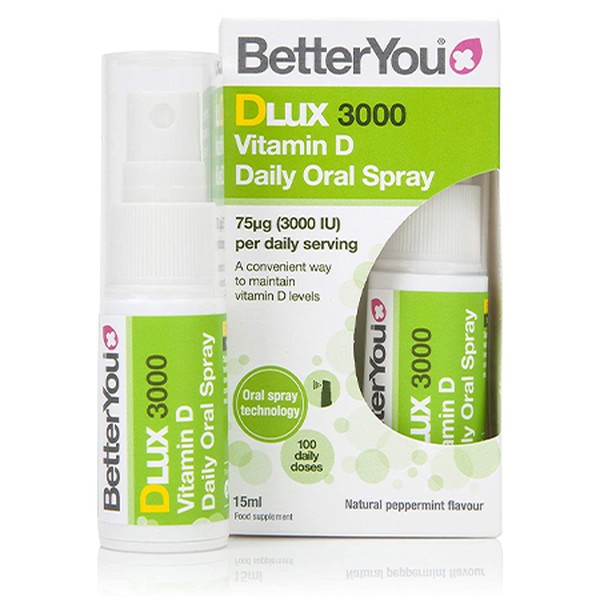
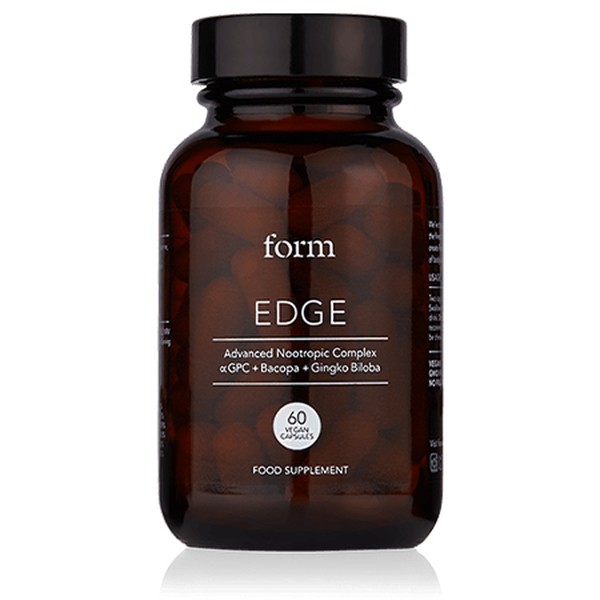
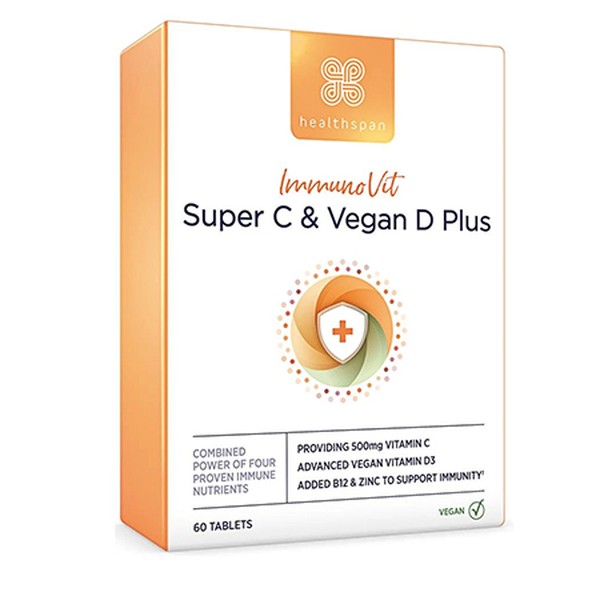

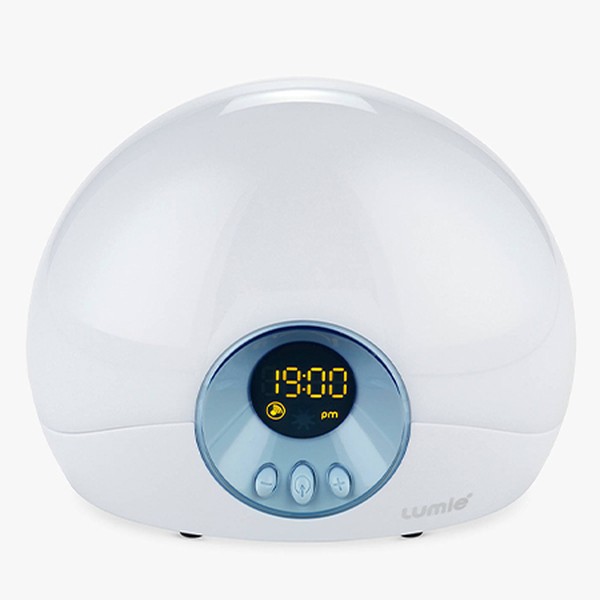
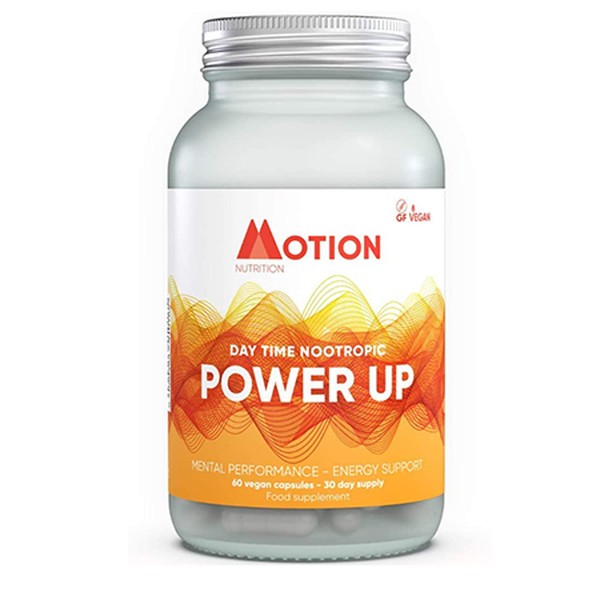
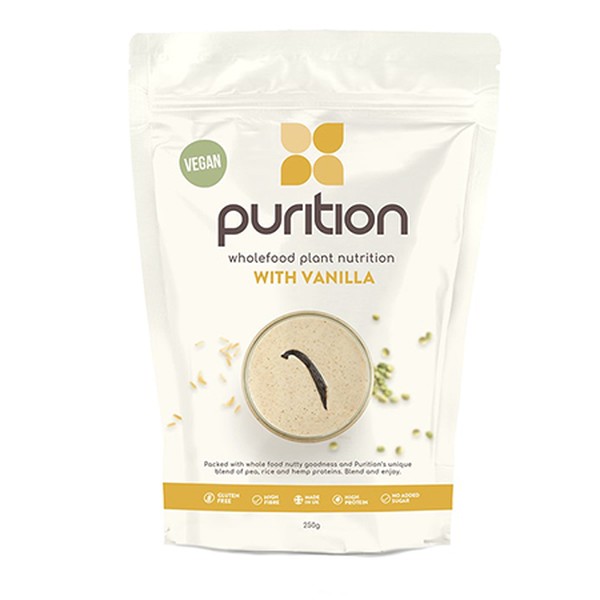
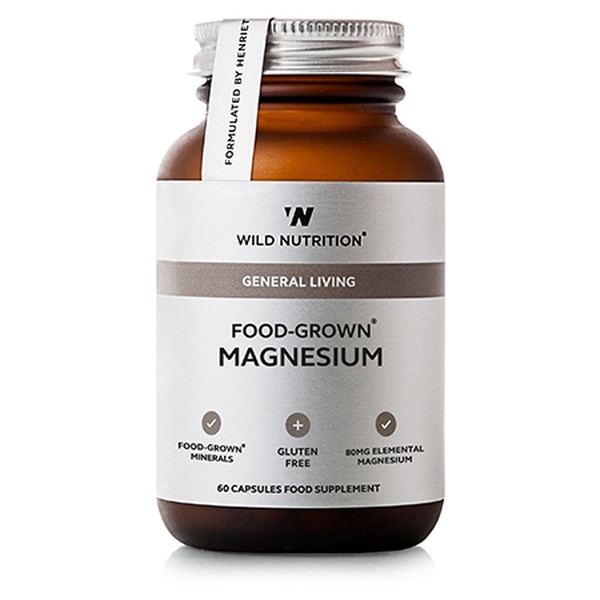
DISCLAIMER: Features published by SLMan are not intended to treat, diagnose, cure or prevent any disease. Always seek the advice of your GP or another qualified healthcare provider for any questions you have regarding a medical condition, and before undertaking any diet, exercise or other health-related programme.
All products on this page have been selected by our editorial team, however we may make commission on some products.
DISCLAIMER: We endeavour to always credit the correct original source of every image we use. If you think a credit may be incorrect, please contact us at [email protected].
